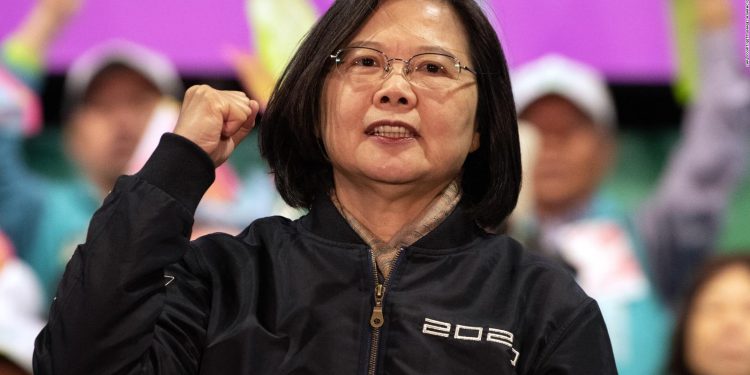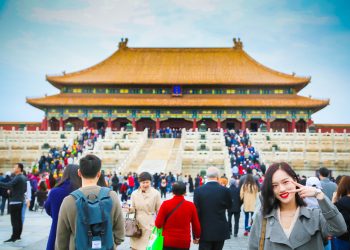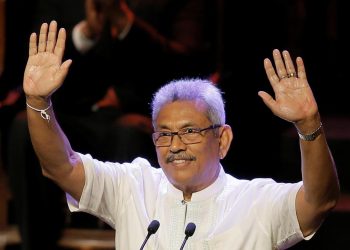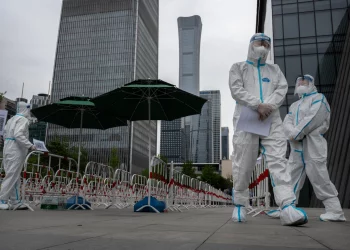TAIWAN TENTION: President Tsai Ing-wen of Taiwan, said Tuesday that Taiwanese people remained resolved to defend the island following China’s military drills. The relationship between Taiwan and her aggressive neighbour China, has grown worse since USA House Speaker, Nancy Pelosi visited the small Island.
BASIC FACTS
- Tension is high in the Taiwan straits following Speaker Nancy Pelosi visit to Taiwan.
- China has continued to carry out military drills on her border with Taiwan after Pelosi’s visit.
- China does not recognise Taiwan independence and vows that reuniting the Island with the rest of China must be done, even by force if need be.
WHAT WE KNOW
Taiwanese President, Tsai Ing-wen spoke on Tuesday, in the face of tensions in the Taiwan Strait between Taiwa and China. China staged record drills in response to US House Speaker Nancy Pelosi’s visit to Taipei earlier this August. Tsai, said Taiwanese people remained resolved to defend the Island.
The Taiwan leader made the remarks while meeting a visiting delegation of US scholars on the 64th anniversary of a Chinese artillery attack known as the “823 bombardment”.
Taiwan is constantly threatened by Chinese possible invasion. China has refused to recognize Taiwan sovereignty. Rather, China sees Taiwan as part of its territory, which she is determined to seize someday.
Weeks after Pelosi’s visit to Taipei, China has sent warships, ballistic missiles and fighter jets into the waters and skies around Taiwan, in a show of strength, which continues to escalate tension in the region.
As a policy, Beijing is opposed to any diplomatic action that might recognise Taiwan legitimacy. China consider visits to Taiwan by Western government and officials a provocation and continues to warn against such visit.
Taiwan however, sees China’s action as unwarranted. Taipe accuses China of using Pelosi’s visit as an excuse to kick start drills that could serve as rehearsal for an invasion.
NOTABLE QUOTES
President Tsai Ing-wen speaking this Tuesday said, “That battle to protect our homeland showed the world that no threat of any kind could shake the Taiwanese people’s resolve to defend their nation — not in the past, not now, and not in the future,”
FLASHBACK
Following defeat in the First Sino-Japanese War (1894-1895), the Qing government signed the Treaty of Shimonoseki, by which it cedes sovereignty over Taiwan to Japan, which ruled the island until 1945.
However, following Japan’s surrender at the end of world war 2, Taiwan came under the government of the Republic of China.
In 1987, Taiwan began a democratisation process, which started with the abolition of the Temporary Provisions and climaxed with the first direct president election in 1996.
The Democratic Progressive Party (DPP) which came to power in 2000, began to pursue Taiwanese independence and identity. However, these efforts are aggressively opposed by the People’s Republic of China.












